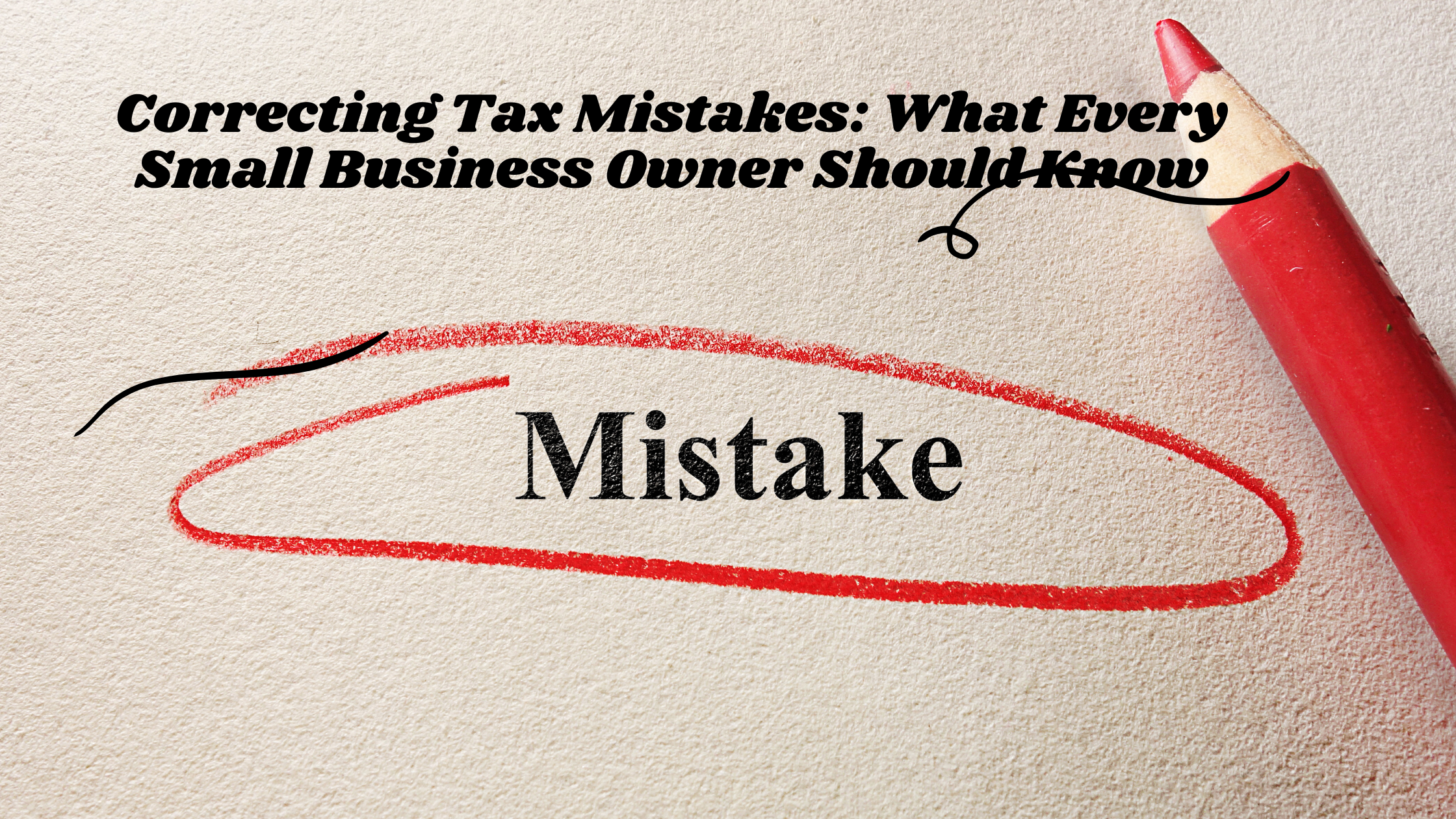An excise tax is a tax that is generally imposed on the sale of specific goods or services, or on certain uses. Examples of things a federal excise tax is usually imposed on include the sale of fuel, airline tickets, heavy trucks and highway tractors, indoor tanning, tires, and tobacco, as well as other goods and services. Excise taxes are imposed on a wide variety of goods, services and activities and may be imposed at the time of:
- Import
- Sale by the manufacturer
- Sale by the retailer
- Use by the manufacturer or consumer
Many excise taxes go into trust funds for projects related to the taxed product or service, such as highway and airport improvements. Excise taxes are independent of income taxes. Often, the retailer, manufacturer or importer must pay the excise tax to the IRS and file the Form 720. They may pass the cost of the excise tax on to the buyer.
Some excise taxes are collected by a third party. The third party then sends the tax to the IRS and files the Form 720. For example, the tax on an airline ticket generally is paid by the purchaser and collected by the airline.
When to File
Businesses must file the form for each quarter of the calendar year. Here are the due dates:
Quarter 1 – January, February, March: deadline, April 30Quarter 2 – April, May, June: deadline, July 31
Quarter 3 – July, August, September: deadline, Oct. 31
Quarter 4 – October, November, December: deadline, Jan. 31
If the due date for filing a return falls on a Saturday, Sunday or legal holiday, the due date is the next business day.
How to File
Businesses that are subject to excise tax generally must file a Form 720, Quarterly Federal Excise Tax Return to report this tax to the IRS. The IRS does accept paper excise tax returns; however, electronic filing is strongly encouraged, when possible.
To make this process easier for taxpayers, the contact information for all approved e-file transmitters of excise forms is listed on IRS.gov. Businesses can submit forms online 24 hours a day. When businesses e-file, they get confirmation that the IRS received their form. Also, e-filing reduces processing time and errors. To electronically file, business taxpayers will have to pay the provider’s fee for online submission.
Excise tax forms available for electronic filing are:
- Form 720, Quarterly Federal Excise Tax.
- Form 2290, Heavy Highway Vehicle Use Tax.
- Form 8849, Claim for Refund of Excise Taxes, Schedules 1, 2, 3, 5, 6 and 8.
If you have any questions or would like more information, feel free to contact us at admin@fas-accountingsolutions.com or at 713-855-8035.





